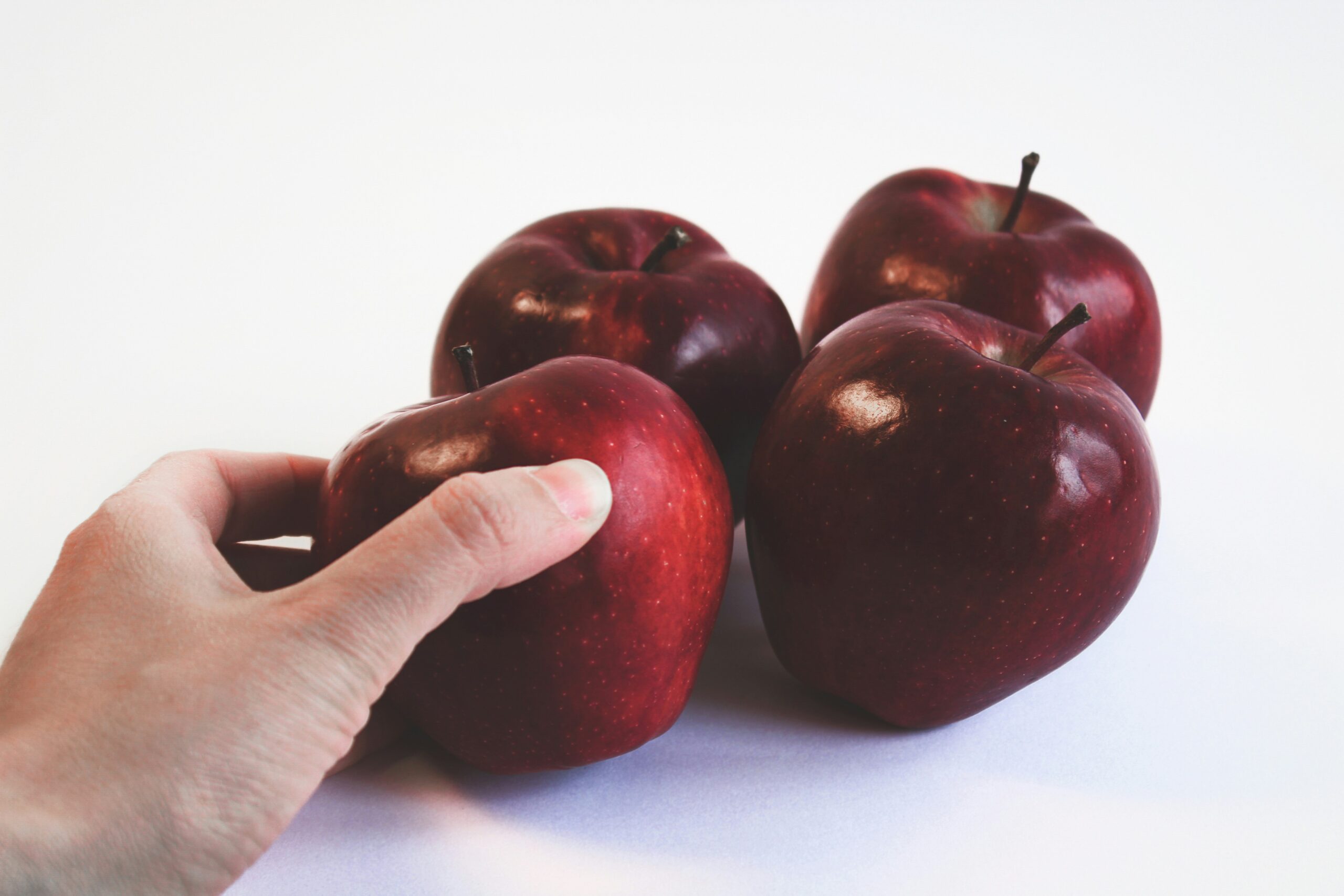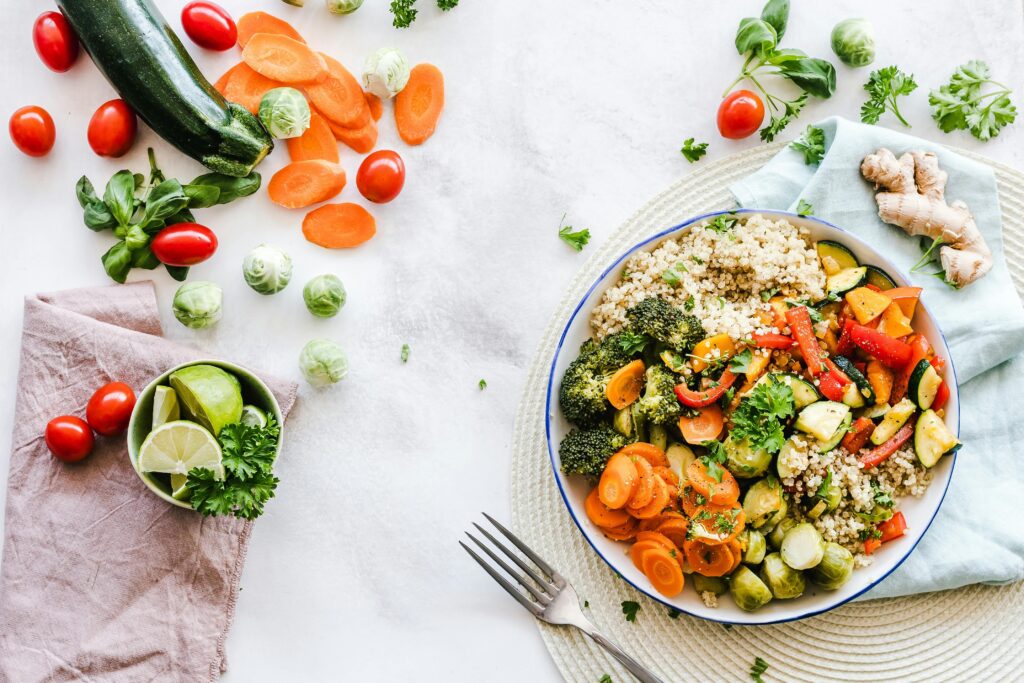Ever stared at your reflection, wondering why those skincare products aren’t delivering on their promises? Yeah, us too. What if we told you the secret to radiant skin might not be in that $80 serum but on your dinner plate? Meet your new best friend: an organic diet.
In this post, we’ll uncover how embracing organic foods—especially organic vegetables—can revolutionize your skincare regimen. From debunking myths to sharing actionable steps, you’ll learn:
- The truth about organic produce and beauty
- A step-by-step guide to crafting your organic diet
- Proven tips for seamless integration into your lifestyle
- Real-life success stories (plus a rant section because honesty is key)
Table of Contents
- Key Takeaways
- Why You Should Care About Organic Foods for Beauty
- Step-by-Step Guide to Building Your Organic Diet
- Tips & Best Practices for Organic Eating
- Case Study: Real Women Who Glow Naturally
- FAQs About Organic Diets and Skincare
Key Takeaways
- An organic diet rich in vegetables can reduce inflammation and promote clearer, healthier skin.
- Eating organic may lower exposure to harmful pesticides linked to hormonal imbalances.
- Simple swaps—like kale chips instead of potato chips—can make transitioning easier.
Why You Should Care About Organic Foods for Beauty

I once heard someone say that “beauty starts from within,” rolled my eyes, and went back to hoarding sheet masks. Fast forward to trying every overpriced miracle cream under the sun—and still breaking out. Then it hit me: What was I feeding my body?
Here’s the deal. Conventional farming often uses synthetic fertilizers and pesticides, which have been shown to disrupt hormones and wreak havoc on our gut health. And guess what? Hormonal balance directly impacts your skin’s texture and clarity. So yeah, maybe switching to organic matters more than I thought.
Optimist Me: “You’ve got this!”
Grumpy Me: “Ugh, fine—but only if coffee’s involved.”
But don’t worry; you’re here to get real answers, so let’s dive deeper.
Step-by-Step Guide to Building Your Organic Diet

Crafting an organic diet isn’t rocket science—it just takes some planning. Here’s how to start:
- Start Small: Swap one item per week. For example, replace regular spinach with organic baby spinach. Easy peasy.
- Prioritize the “Dirty Dozen”: Some fruits and veggies are worse offenders when it comes to pesticide residue. Spinach, strawberries, and apples top the list—so prioritize buying these organic.
- Shop Local: Hit up farmers’ markets. Not only do you support local growers, but you also get fresher produce without the environmental guilt trip.
- DIY Snacks: Make roasted sweet potatoes or carrot sticks instead of grabbing pre-packaged snacks loaded with additives.
Avoid the trap of perfectionism—you won’t always find organic options everywhere. And remember, even small changes add up!
Tips & Best Practices for Organic Eating
- Grow Your Own: If you’ve got space, try growing herbs like basil or mint. It’s cheap, rewarding, and chef’s kiss for sustainability.
- Budget Hack: Organic frozen veggies are cheaper and last longer than fresh ones while retaining most nutrients.
- Terrible Tip Alert: Someone suggested drinking organic smoothies for every meal. Newsflash: Balance is key—don’t go full-on green juice detox unless you hate fun.

Case Study: Real Women Who Glow Naturally
Meet Sarah, a 29-year-old graphic designer who struggled with persistent acne for years. After adopting an organic diet heavy in leafy greens, cucumbers, and beets, she noticed significant improvement in her complexion. She swears by weekly trips to the farmer’s market and keeps a jar of homemade fermented sauerkraut in her fridge.
“It sounds crazy until you actually see results. My skin feels softer, looks brighter, and I haven’t needed foundation in months.” – Sarah
Rant Section: Why Can’t Organic Be Affordable?
Let’s talk about the elephant in the room—cost. Organic food can feel elitist at times. Seriously, why does organic lettuce cost double the price of regular lettuce? Until governments step up subsidies, all we can do is vote with our wallets and advocate for change.
FAQs About Organic Diets and Skincare
Does eating organic really improve skin?
Yes! Studies suggest diets low in toxins and high in nutrient-rich foods can enhance overall skin health and reduce issues like breakouts and dullness.
Is going fully organic necessary?
Nope. Even incorporating a few organic items into your diet can make a noticeable difference over time.
What if I’m vegan? How does this apply?
Same principles hold true! Focus on organic plant-based proteins like lentils, quinoa, and avocados to nourish both your body and skin.
Conclusion
An organic diet isn’t a magical cure-all, but it’s certainly a game changer for anyone chasing natural beauty. By focusing on whole, pesticide-free foods, you’re giving your body the tools it needs to thrive—from the inside out. Remember, progress—not perfection—is the goal.
And hey, treat yo’self once in a while. Because kale is great, but so is pizza. 🍕
Like a Tamagotchi, your SEO needs daily care. Thanks for sticking around till the end—you deserve some glow-ups in life. ✨


